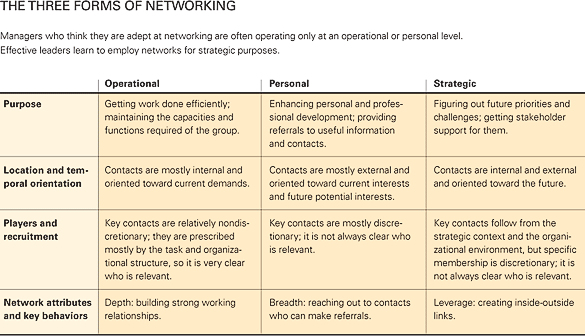Is the value that we add restricted to servicing our current stakeholders’ needs and wants? Or do we have an appetite to create more value than that – across the entire enterprise, along value chains beyond our own organisation(s)?
Many experts find themselves several degrees of separation away from the front lines. And may be content (or fully occupied) just focusing on delivering their own immediate KPIs, keeping their heads down, shielded from the “cut and thrust” of whether or not the enterprise is turning a profit, enjoying predictability, and getting their “pay cheque”. As such, they are likely to be seen as a necessary contributor with little more to offer – or no further interests.
This is not how Master Experts think and function. “How can I contribute to growth? Better strategic differentiation? Increased customer satisfaction? Innovation?” This desire to create quantifiable value for the organisation and its stakeholders leads them to reach beyond the concerns of their immediate dept and associated inputs to tackle strategic issues.
But how to find out about such opportunities/needs? How to become a part of such conversations?
The word “stakeholder” has become commonplace in business parlance over the last 30 years. It previously pertained almost exclusively to constituent groups involved in a project – perhaps those impacted by or consuming the project’s outputs.
In our work with hundreds of experts over the last 7 years, we see the concept of “stakeholder” much more broadly. Experts rarely have the formal authority to compel others to act. They get things done via a network of good will. A company’s customers are amongst its primary stakeholders – even if they’re not people that the expert would commonly have immediate access to in the everyday course of their work. But would there be an advantage in the expert reaching out and understanding the world of the customer, their needs (current and emerging), the directions that they are taking, what they consider value, etc? A Master Expert may have ideas about advantageous directions that the enterprise can take. But do they have the connections whereby they can present those ideas to the “movers and shakers”?
We often see our stakeholder universe as that immediate group of people we interact with. But what if were to deliberately and proactively start reaching out to pivotal parties a little further afield – e.g. people in the industry who can tell us what trends are emerging and predict how the various industry players might respond, senior leaders who are shaping the organisation’s strategy, customers, etc? Building such relationships – which we might call “developing our strategic network” – can open new doors, promote greater strategic insight and allow for the creation of substantial quantifiable value.
Mapping one’s existing stakeholder networks and then adding stakeholders of strategic value to start reaching out – perhaps one per week, gaining introductions through others in one’s network, beginning to dialogue, etc – is a great place to start.
For the first in a series of tips about navigating your organisation, please read How do you grow your skills at navigating your organisation? - Part 1. Alternatively, download a chapter from the “Master Expert” book below.
You can find additional articles you may be interested in on The Master Expert Blog




